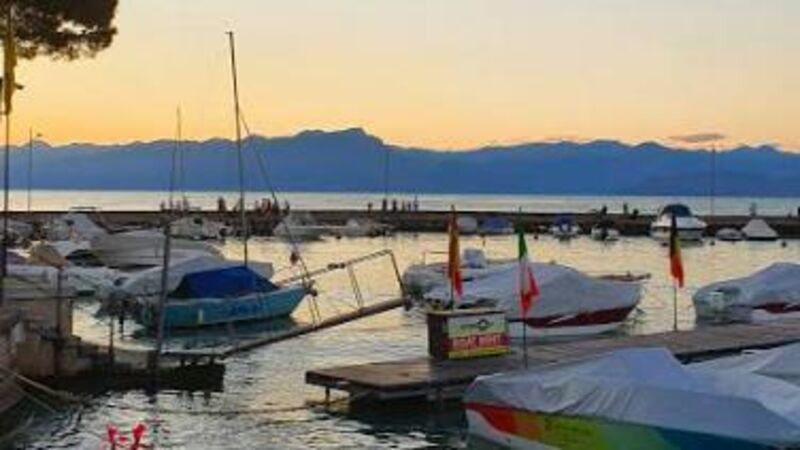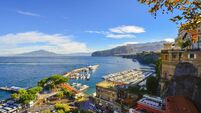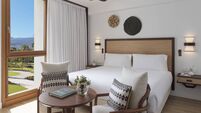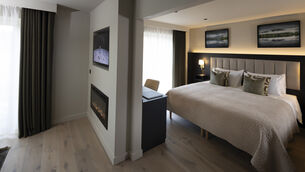The future of holidays in the Covid-era

Like most resorts, the hugely popular resort of Bella Italia, a campsite tucked beside pretty Peschiera, is struggling to recover its post-lockdown sparkle
“Piano, piano,” Riccardo gestures, flattening invisible waves in the air with his hands. “Slowly, slowly tourists are returning to us.”
The 37-year-old has been running a clothes shop in bougainvillea-clad Serimone overlooking Lake Garda for five years. Like many businesses dependent on foreign wallets, he’s starting to see numbers rise for the first time since the pandemic struck in March. “We were closed for three months,” he says, manipulating the store mannequins decked in face-masks that match their t-shirts. “I can’t earn money for my family with my doors shut. But andrà tutto bene, right?”







